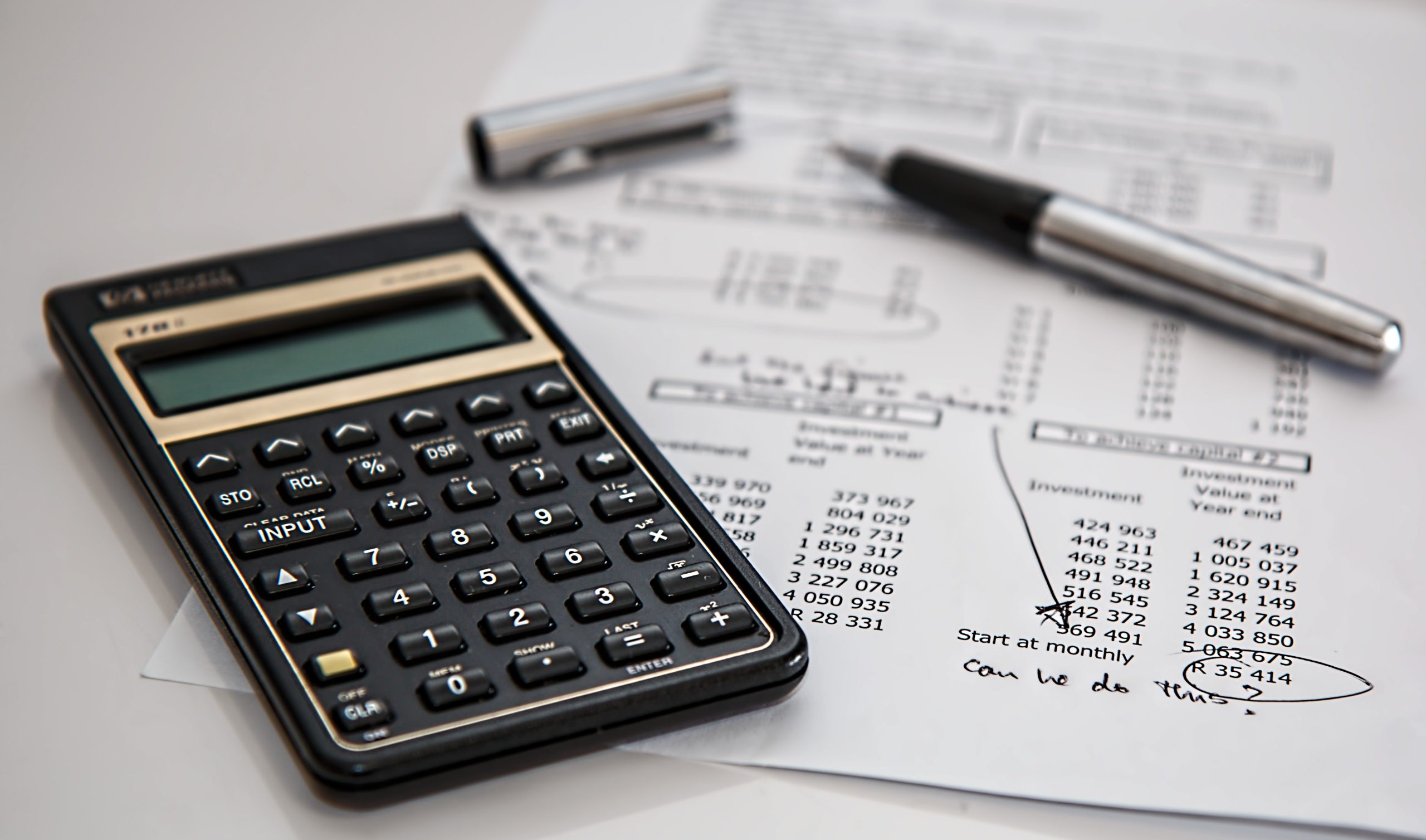Managing your finances is a part of achieving financial stability and success. While we often focus on expenses like rent, mortgage payments, and utility bills, it’s important not to overlook the impact of daily expenses. These insignificant costs, such as that morning cup of coffee or impulse purchases, can gradually chip away at our budget and financial goals. In this article, we’ll delve into the significance of tracking and managing these expenses within a budget considering their effect over time.
The Influence of Daily Habits
As humans, we are creatures of habit with expenses integrated into our daily routines. Whether it’s buying a cup of coffee on our way to work, grabbing a snack from the vending machine, or making online purchases – these may not seem significant individually but can have a substantial financial impact when they occur frequently. It’s crucial to recognize that harmless habits can turn into financial pitfalls if left uncontrolled.

Understanding the Accumulative Impact
The real danger lies in how these small daily expenses accumulate over time. Let’s take a look at how inconsequential costs gradually add up;
- Daily Coffee: Spending four dollars on a cup of coffee every workday may not seem like much. It adds up to twenty dollars per week, eighty dollars per month, and a whopping nine hundred sixty dollars per year.
- Lunch Treat: Treating yourself to a twelve-dollar lunch twice a week might feel like an indulgence. It results in twenty-four dollars weekly, ninety-six dollars monthly, and an astonishing one thousand one hundred fifty-two dollars annually.
- Impulse Purchases: We all have those moments of buying. Those spur of the moment purchases that average around thirty dollars each time can actually accumulate to three hundred sixty dollars in expenses over the course of a year.
When you take into account these three examples, you’re looking at approximately two thousand four hundred seventy-two dollars in expenses per year. And that’s just scratching the surface; there are small expenses that can quickly inflate that figure even further.
Understanding the Importance of Budgeting
Budgeting is the cornerstone of success. It empowers individuals to take charge of their spending habits, prioritize their goals, and make decisions about their money. Budgeting isn’t just about managing expenses; it encompasses all aspects of our spending, including those seemingly insignificant daily costs.
By monitoring and categorizing these expenditures, individuals can develop a more accurate and comprehensive understanding of their financial behaviors. With the help of budgeting tools and apps available today, this process has become easier than ever before—allowing users to effortlessly record and analyze their spending patterns.
Tips for Managing Your Daily Expenses
Step 1: Keep Track of Your Spending: Start by keeping a record of your expenses for at least a month. This will help you understand your spending patterns and identify areas where you might be spending too much.
Step 2: Set Realistic Limits: Once you have a picture of your spending habits, it’s important to set reasonable limits for discretionary categories such as eating out, entertainment, and impulse purchases. Stick to these limits to prevent overspending.
Step 3: Prioritize According to Your Values: Determine what matters most to you financially and align your spending accordingly. If saving up for a vacation or paying off debt is important, consciously reduce expenses in other areas to achieve your goals.
Step 4: Plan and Be Prepared: One effective way to control expenses is by planning ahead. Pack your lunch, make coffee at home instead of buying it, and create shopping lists before heading out to the store.
Step 5: Regularly Review and Adjust: It’s crucial to review your budget on a regular basis and assess how well you’re progressing towards your goals. Stay flexible and be willing to make adjustments when necessary in order to stay on track.
By implementing these tips, you can effectively manage your expenses while maintaining control over your finances.
In conclusion, the impact of seemingly insignificant daily expenses on our budget can be substantial over time. These small costs, when accumulated, can hinder our ability to save, invest, and achieve our financial aspirations. By tracking and managing these expenses in a budget, we can regain control of our financial well-being and pave the way for a more secure future. Remember, every dollar counts, and being mindful of your spending can lead to significant positive changes in your financial life. Start today and embrace the power of budgeting to achieve your long-term financial dreams.